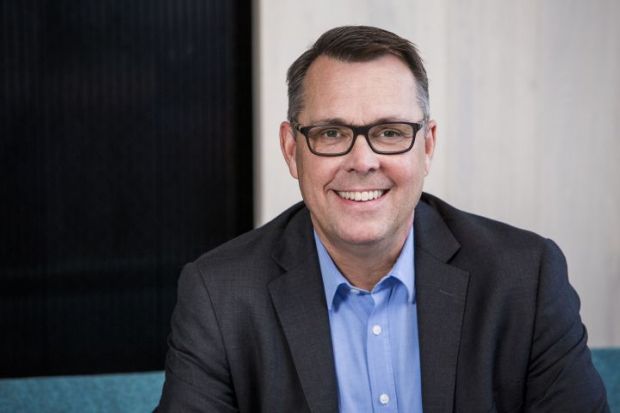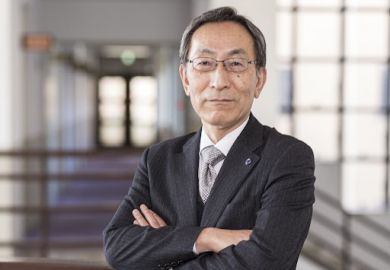The University of Wollongong’s stand-in vice-chancellor has denied accusations that he has been moonlighting with the consultancy company whose work preceded major job cuts at the institution.
John Dewar said assertions that he had been working one day a fortnight with KordaMentha, the consultancy he joined in early 2024 after 13 years at the helm of La Trobe University, were “simply not true”.
“I have been on unpaid leave since I started here at the University of Wollongong,” Dewar told an all-staff forum. “I have not been paid by KordaMentha. I have been working exclusively for the university.”
The consultancy was engaged to undertake two reviews in mid-2024 as part of broader work to safeguard the university’s financial sustainability. Wollongong, like many Australian universities, has experienced sharply rising costs and dwindling enrolment revenue. Its A$95 million (£48 million) deficit in 2023 was the third biggest in the sector.
Dewar joined Wollongong as interim vice-chancellor on 24 June last year. The university said he had been on unpaid leave from KordaMentha since then and had played no role in contracting the consultancy or overseeing its work, under a “management plan” formulated to handle conflicts of interest.
But documents released following a freedom of information (FOI) request reveal that the university had approved Dewar’s “ongoing involvement” with KordaMentha.
A 3 June letter from chancellor Michael Still authorised the incoming vice-chancellor to spend a day a fortnight providing “leadership to a team of consultants” in KordaMentha’s higher education practice, providing that he had no role in contracting the consultancy or managing its services.
The National Tertiary Education Union (NTEU), which uncovered the documents, said they raised questions over Wollongong’s governance. “It beggars belief that this conflict of interest could be managed adequately,” said general secretary Damien Cahill.
“Why on earth would you choose KordaMentha, fully aware your hand-picked interim vice-chancellor was going to continue to work for them, to review the university if you took conflicts of interests seriously?”
Dewar said his involvement with the consultancy did not constitute work. He said his contract allowed “a day a fortnight of flexibility” to stay in touch with his colleagues.
“One of the pitfalls facing consultants who step into executive roles for a time is that you lose touch with the firm that you will be going back to,” he explained to staff. “I can assure you that although I am paid to be here 90 per cent of my time, I’ve actually devoted 110, 120 per cent of my time to this university.”
The union’s FOI request was aimed at uncovering the financial imperatives behind a planned restructure. In January the university announced that its finalised “teaching workplace change plan” included the jettisoning of 92 full-time-equivalent jobs and courses in up to 10 disciplines.
Wollongong refused to give the NTEU a copy of a September report by KordaMentha, and only partially released documents about contractual arrangements with the consultancy. The manager of the university’s information compliance unit said she had given “strong weighting” to KordaMentha’s argument that disclosing such information could damage its business by revealing “commercially sensitive” intellectual property.
The university released an outline of its 2025 budget and its 2026-29 estimates, but only after redacting all financial figures in the document. A Wollongong spokesman said the university had regularly given staff and unions an overview of its financial position.
The NTEU has also campaigned against consultancy spending by universities. It said public universities’ outlay on consultants and professional services firms had exceeded A$730 million in 2023, including A$14 million at Wollongong.
The university said the expenditure had been for services “that can be delivered more cost-effectively by external providers”, including advice on “highly specialised” information technology and infrastructure design, compliance and planning.




